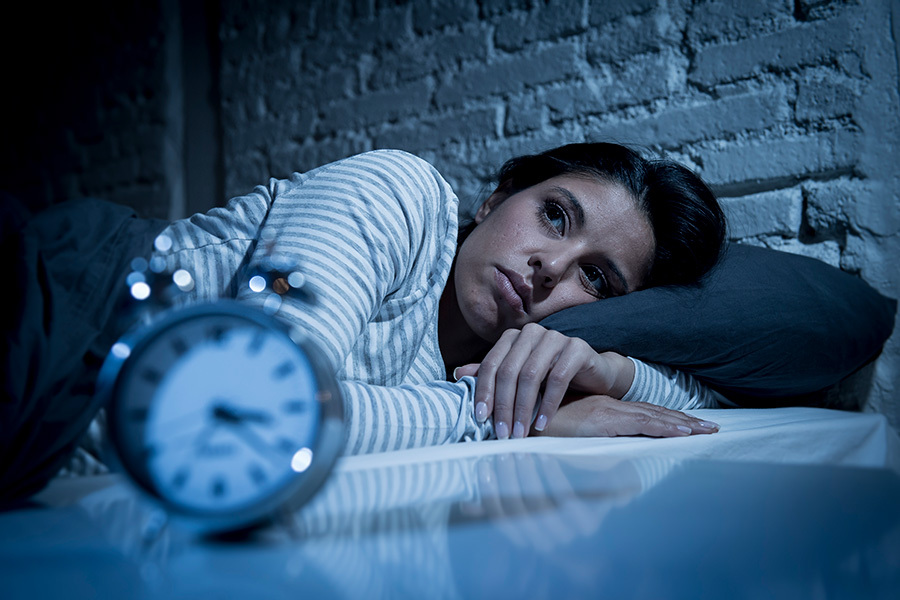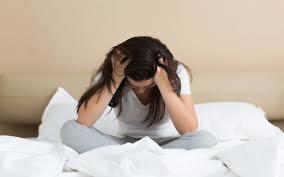
In our hyper-connected world, technology plays an integral role in daily life. While it offers numerous benefits, the impact of screens on sleep has become a growing concern, particularly as insomnia rates rise globally. Understanding how technology affects sleep can help individuals make informed choices to protect their sleep health.
The Science Behind Sleep and Screens
Circadian Rhythms
Circadian rhythms are the body’s natural biological processes that regulate sleep-wake cycles. These rhythms are influenced by external cues, primarily light. Blue light, which is emitted by smartphones, tablets, and computer screens, can disrupt these rhythms by inhibiting the production of melatonin, the hormone responsible for sleep regulation. When melatonin levels are low, falling asleep becomes more difficult. Manage your insomnia and poor sleep quality.
The Blue Light Factor
Research has shown that exposure to blue light in the evening can delay sleep onset and reduce total sleep time. A study conducted by Harvard researchers demonstrated that participants exposed to blue light for just two hours before bedtime took longer to fall asleep and experienced decreased REM sleep compared to those exposed to dim light. As more people engage with screens late into the night, the cumulative effect of blue light exposure can lead to chronic sleep issues.
Behavioral Factors Contributing to Insomnia
Screen Time Habits
In addition to the biological effects of blue light, behavioral factors related to screen time also contribute to insomnia. Many individuals find themselves using screens for entertainment, social media, or work, often late into the night. This habit not only reduces the time available for sleep but also can create a mental stimulation that makes it difficult to unwind.
The Fear of Missing Out (FOMO)
Social media can exacerbate feelings of anxiety and restlessness, especially in younger generations. The constant stream of notifications and updates can lead to a compulsive need to check devices, prolonging screen time and delaying sleep. This phenomenon, often referred to as FOMO (Fear of Missing Out), can keep individuals engaged with their screens, further disrupting their ability to relax and fall asleep.
The Impact of Technology on Mental Health
Anxiety and Depression
The relationship between technology and mental health is complex. Increased screen time has been linked to higher levels of anxiety and depression, both of which are closely associated with insomnia. For many, the pressures of social media and the need for constant connectivity can lead to increased stress, making it harder to achieve restful sleep.
Overstimulation
Engaging with screens can lead to cognitive overstimulation, making it challenging for individuals to transition into a state of relaxation necessary for sleep. Activities such as playing video games or watching intense movies can keep the mind active, further delaying sleep onset and contributing to insomnia.
Strategies for Better Sleep in a Tech-Saturated World
Establishing Screen Time Limits
One effective strategy for mitigating the effects of screens on sleep is to establish limits on screen time, especially in the hours leading up to bedtime. Experts recommend reducing screen exposure at least one hour before sleep to allow the body to naturally prepare for rest.
Using Blue Light Filters
Many devices now come equipped with blue light filtering features that reduce the amount of blue light emitted during evening hours. Using these filters can help minimize the disruptive effects of screens on melatonin production. Additionally, special glasses designed to block blue light are also available for those who must use screens before bed.
Creating a Tech-Free Bedroom
Designating the bedroom as a tech-free zone can significantly improve sleep quality. Removing screens from the bedroom environment can help reinforce the association between the space and sleep, making it easier to unwind and relax.
Practicing Good Sleep Hygiene
Implementing good sleep hygiene practices is essential in combating insomnia. This includes maintaining a consistent sleep schedule, creating a calming bedtime routine, and engaging in relaxing activities such as reading or listening to soothing music before bed. Mindfulness practices, such as meditation and deep breathing, can also help ease anxiety and prepare the mind for sleep.
Conclusion
The impact of screens on sleep is a pressing concern in our technology-driven world. As the prevalence of insomnia rises, it is crucial to understand the effects of blue light and behavioral factors associated with screen use. By adopting strategies to limit screen time, utilizing blue light filters, and practicing good sleep hygiene, individuals can take proactive steps to protect their sleep health. In a society that often prioritizes connectivity, prioritizing restful sleep is essential for overall well-being and mental health.



